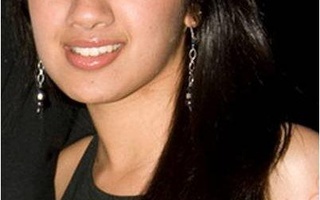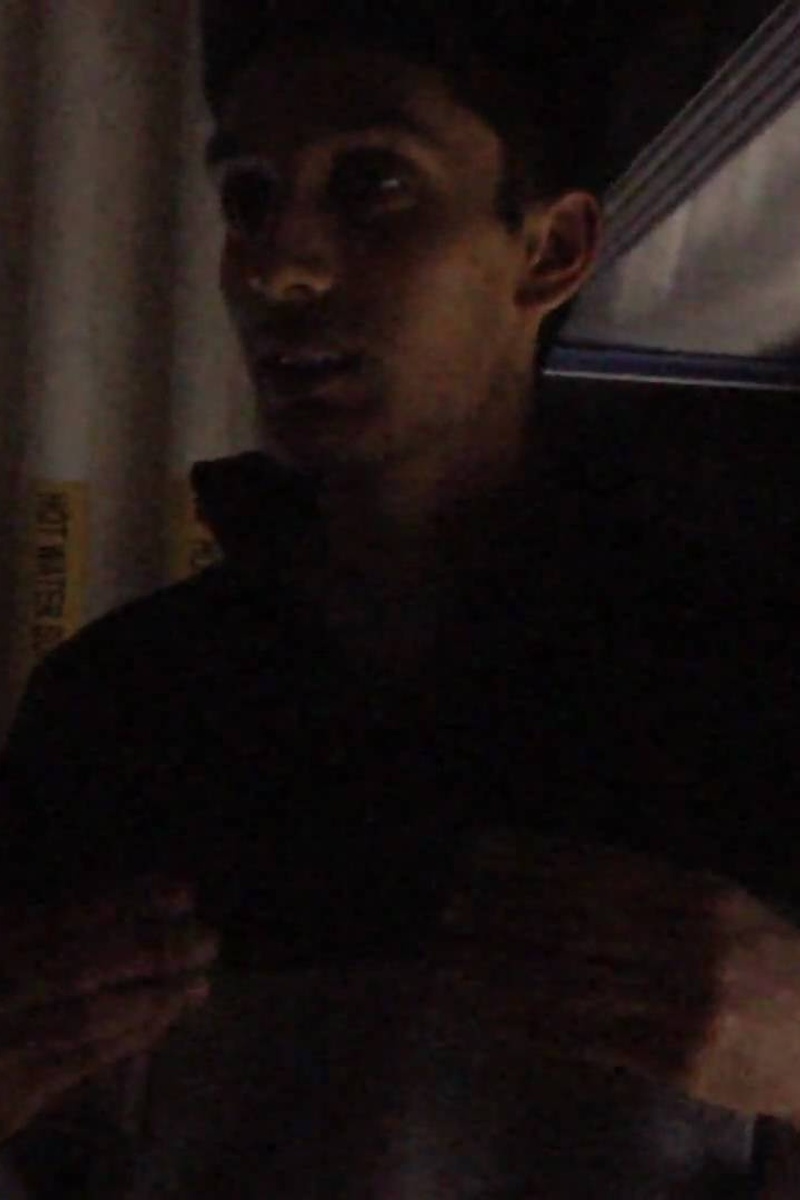Vijay Jain ’11 has found a medium in which he can combine his two loves, chemistry and physics—he researches the effect of magnets on chemicals on the nano scale, looking to see how physical forces can influence chemical reactivity.
Chemistry and physics professor Adam E. Cohen ’01, who heads the lab where Jain works, said that the project was inspired by a phenomenon on a larger scale—birds’ ability to navigate using the magnetic field of the earth. While it is unclear how the birds detect the magnetic field, some scientists have suggested that a biochemical process in their bodies is affected by these forces.
“This is surprising because most magnetic fields interact very weakly with matter,” Cohen said. “Normally we don’t think about magnetic fields affecting chemistry.”
Jain, who is a chemistry and physics concentrator, is experimenting on the level of individual electrons. He has been attempting to use magnetic nanoparticles to catalyze chemical reactions, thereby increasing the rate at which the reaction occurs. He said that this area of research allowed him to combine disciplines without obvious connections, such as organic chemistry and quantum mechanics.
Though real world applications for these experiments are nebulous at the moment, according to Jain, he added that it would be interesting to gain a better understanding of how enzymes operate at a subatomic level.
Jain, who grew up in Long Island, said that he has been immersed in the sciences since childhood, since his parents worked in medicine and chemistry.
“Our dinner table discussions were certainly not like, ‘What’s going on on TV?’” said Jain, an inactive Crimson editor. “It’s more like, ‘Oh, do you really understand how your food is being digested and do you understand what’s going through your intestines right now?’”
In high school, he and a friend worked in a lab to build a biosensor to detect different biomolecules. Though Jain said he initially thought he would concentrate in engineering, he soon realized he preferred the basic sciences.
Jain said he plans to continue research in the sciences. He said that he was most interested in finding solutions to problems in society and the world that can be resolved using the tools of chemistry and physics.
Cohen said that Jain has been an “extraordinarily dedicated” student in the year since he joined the team of researchers, coming in to run experiments at all hours of day and night.
“By now he’s basically just like any of the grad students in the lab,” Cohen said.
Read more in News
Accidental Discovery of Black Silicon Holds Practical ApplicationsRecommended Articles
-
Testing for Tuberculosis in The Slums of New DehliCORRECTION APPENDED Nina Jain ’11 spent last summer trekking door-to-door through a Delhi slum, trying to find out which of
-
Franklin To Serve As Physics ChairPhysics Professor Melissa Franklin will replace fellow Professor Christopher W. Stubbs as the chair of the Harvard Physics Department next year, marking the first time in history that the position will be held by a woman.
-
 Facemash.com, Zuckerberg's Former Website, Sold for $30K
Facemash.com, Zuckerberg's Former Website, Sold for $30K -
Two Juniors Earn Truman ScholarshipTwo Harvard undergraduates were awarded the prestigious Harry S. Truman Scholarship.
-
 Harvard Senior Wins Glamour Award
Harvard Senior Wins Glamour Award -
Future Society Meets To Discuss Human ExistenceMembers of the Future Society discussed advanced technology, artificial intelligence, and the future of their group in the club’s first meeting of the school year on Friday.














